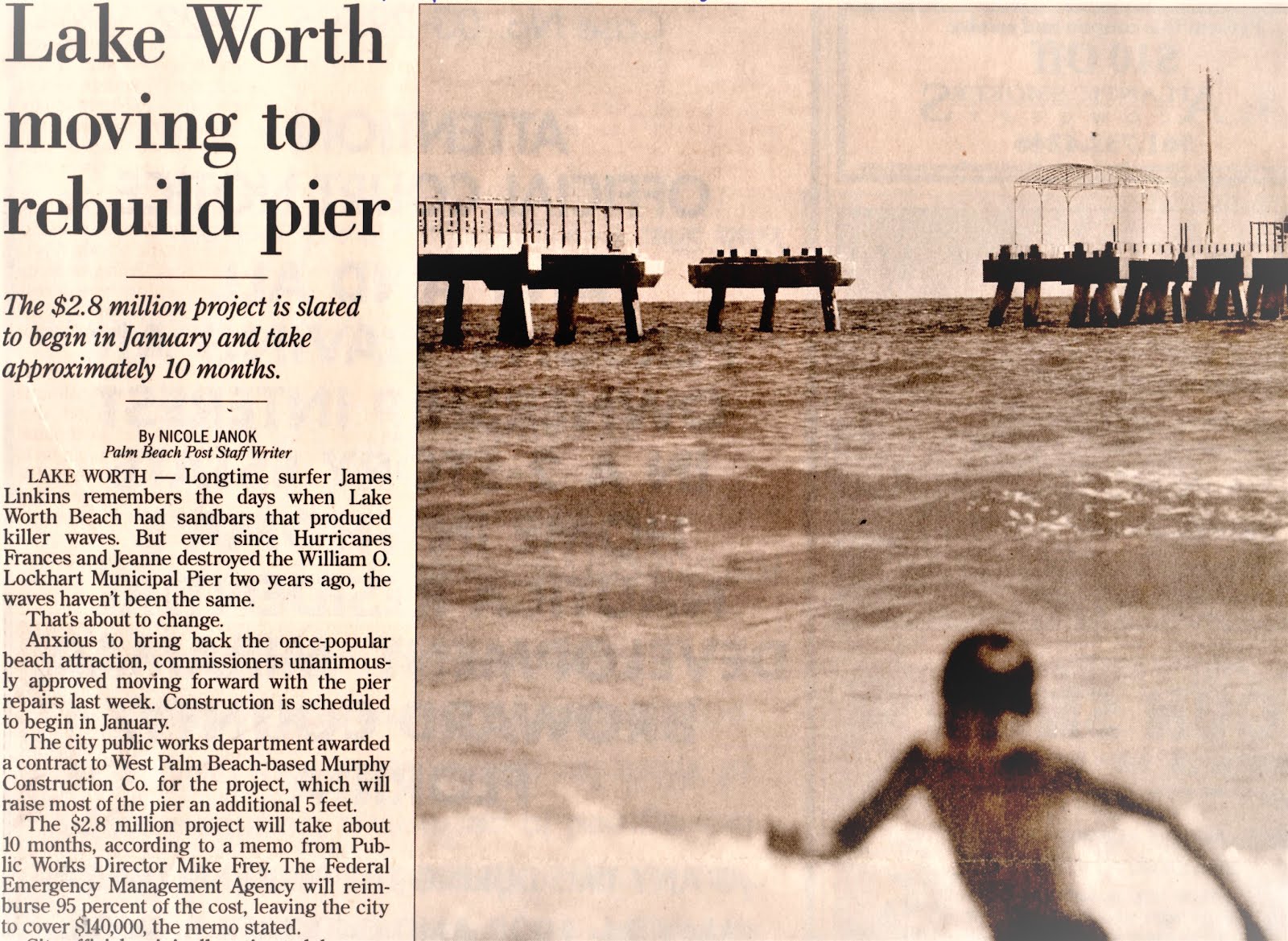“The City of Lake Worth is Partnering with OpenGov to Further Increase its Effectiveness and Accountability”
“OpenGov Gives City of Lake Worth Officials Easier Access to Valuable Data, and Empowers Them to Share that Data With the Community”
| To read more news in the newsletter “Worth Noting” published by your City of Lake Worth click on this link. |
“The City of Lake Worth joins over 1,700 city, county and state
governments, special districts and schools that rely on OpenGov to be
more effective and accountable.”
—OpenGov CEO Zac Bookman
—OpenGov CEO Zac Bookman
Please share this information that’s Worth Noting with everyone in your neighborhood or community here in this City of Lake Worth:
The City of Lake Worth announced that it’s partnering with OpenGov — the leader in government performance management — to further increase its effectiveness and accountability.The OpenGov Smart Government Cloud™ is an easy-to-use, cloud-based solution for budgeting, operational performance, and citizen engagement. OpenGov’s open data portal aggregates, organizes, and visualizes various data sets (like budgets, building permits and 311 requests). It’s powered by CKAN, the open-source standard that the U.S. federal government, the European Union, and hundreds of other agencies around the world use for open data. It also includes tools like APIs that developers can use to build applications.
The City of Lake Worth is using OpenGov’s open data portal to give government officials across numerous departments easier access to its data sets so they can make more informed decisions. It’s also using the portal to launch the Lake Worth Financial Transparency Portal to share data with the community:
“Our open data portal is a win-win for the City of Lake Worth and the community,” said Bookman. “On average, governments receive 20 percent less requests for information after they launch their OpenGov open data portals. That means citizens are getting the information they need, and it saves governments time and energy that can be spent elsewhere.”





